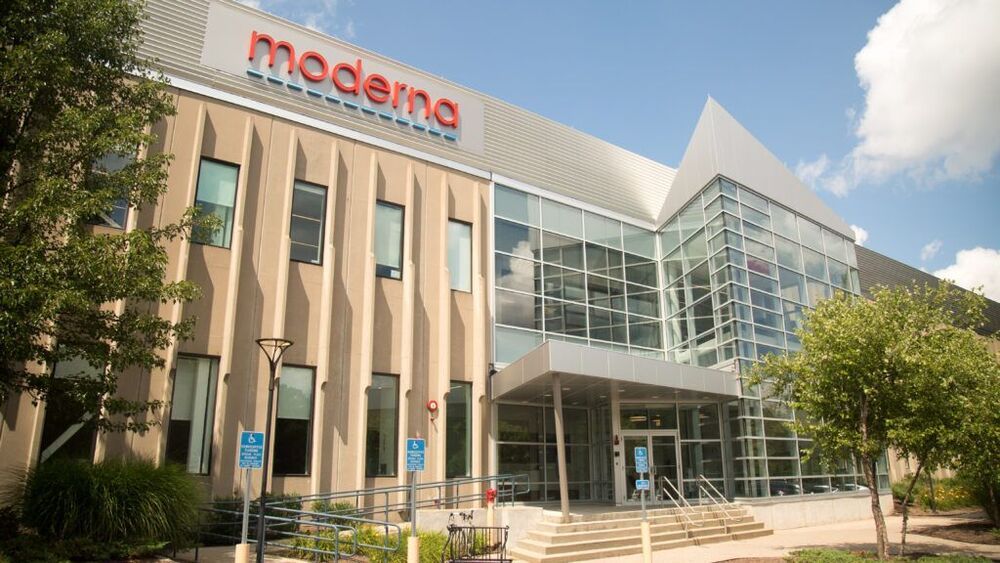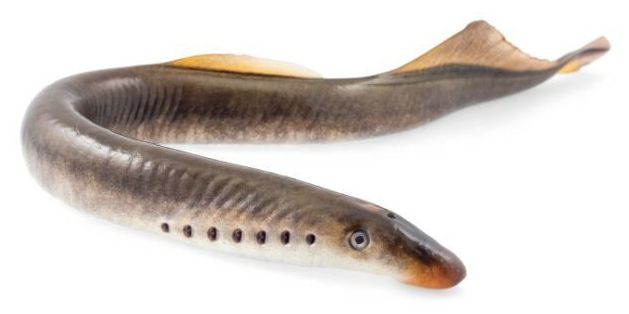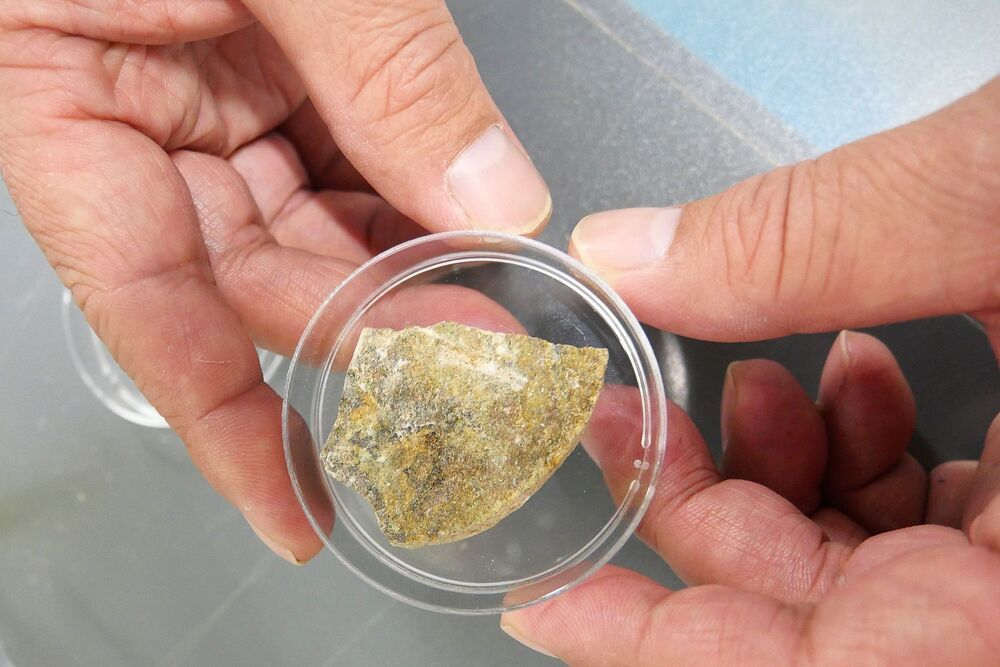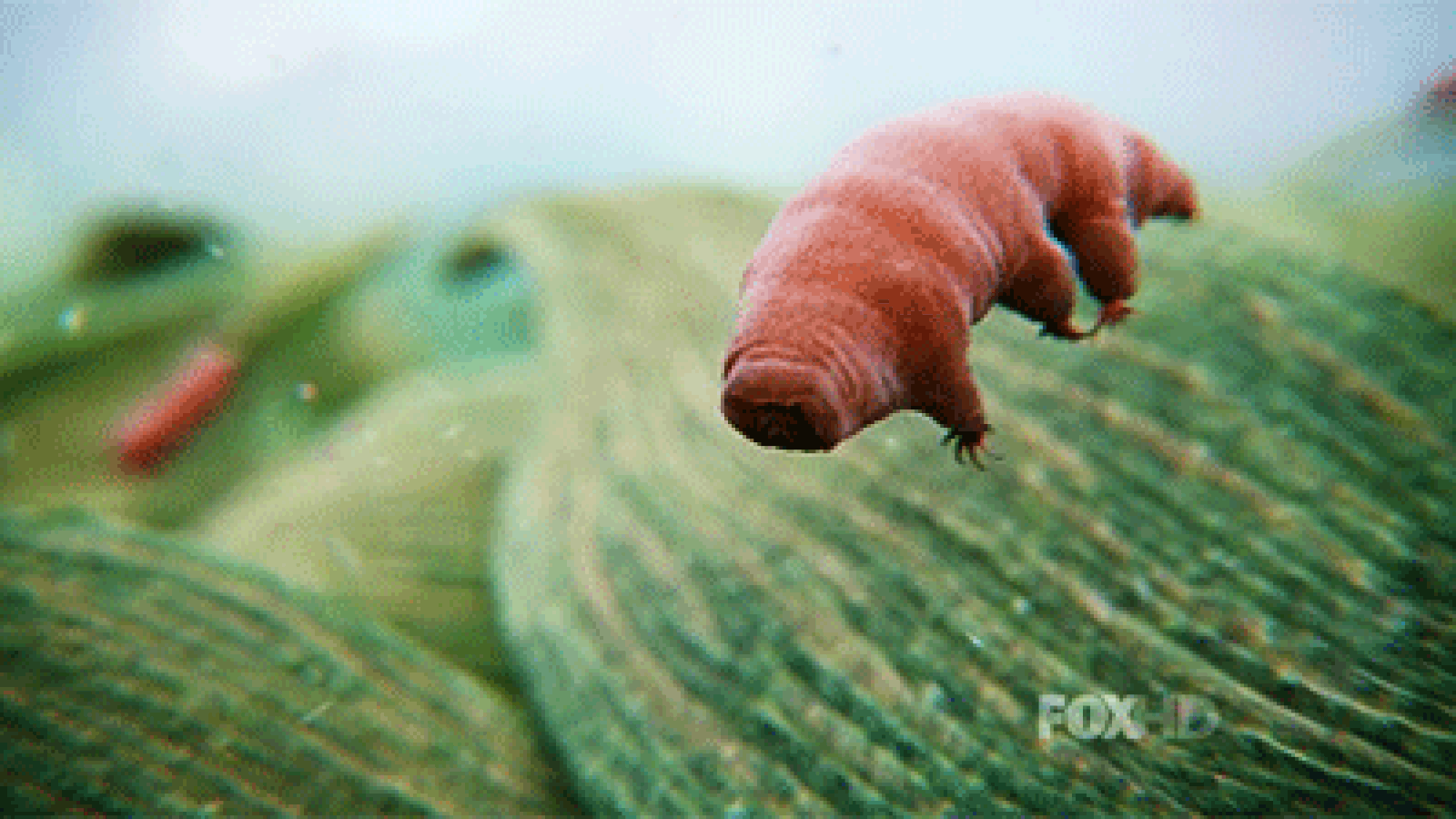All hail the powerful One climbed my wood structure that went straight up then went to the roof o.o. Also their hands make them like chimps.
How does intelligence ofs compare with other species? That was a topic of heated debate between 1905 and 1915 within the then-nascent field of comparative psychology.
In 1907, psychologist Lawrence W. Cole, who had established a colony ofs at the University of Oklahoma, and Herbert Burnham Davis, a doctoral student at Clark University, each published the results of nearly identical experiments on the processes of learning, association and memory ins. They relied on E.L. Thorndike’s puzzle-box methodology, which involved placing animals in wooden crates from which the animal had to escape by opening the latch or sequence of latches. They observed the number of trials required for successful completion and the extent to which the animal retained the ability to solve the same problem more quickly when confronted again with it. Using this method, they sought what Davis called “a tolerable basis” for ranking the intelligence ofs on the phylogenetic scale of evolutionary development. They independently concluded thats bested the abilities of cats and dogs, most closely approximating the mental attributes of monkeys.
Raccoons had attracted interest because they flourished, rather than receded, in the face of human expansion. Over the centuries, people had hunteds for food and fur, decried them as agricultural pests and urban bandits, and kept them as household pets. This latter role brought the species to psychologists’ attention. Cole reported that he got the idea to work withs from observing the behavior of a pet kept at a local market. At the time, most animal experiments being conducted occurred on the borderlands of academic research, nature study and domestic life. Scientists such as Charles Darwin, William James and James Mark Baldwin all developed psychological theories based upon observations of their own children and pets. Cole’ss, for example, lived simultaneously as research objects and amusing pets, a relationship that shaped how these experiments were presented to and perceived by the public. Despite Davis’s protests, a widely printed newspaper story depicted his puzzle-box experiments as an example of teaching “tricks” to one’s pets.








